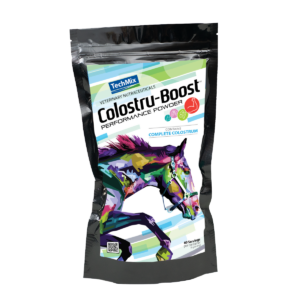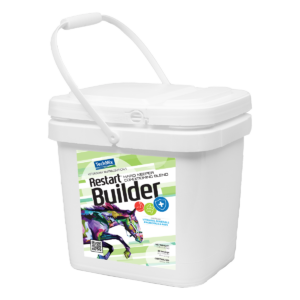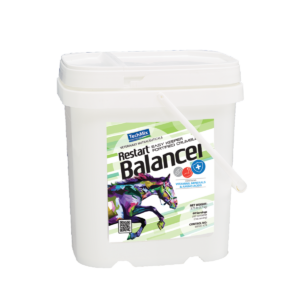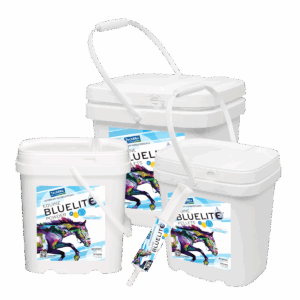June 20, 2025
Clinical Veterinary Perspective-Immunity
The immune system is composed of a lot of things not everyone would have considered included. For instance, anything on the body that is a barrier to the outside world—skin, skin oils, tears, saliva, nasal mucus, ear wax, a mouth that closes, sphincters that close, involuntary reflexes like coughs and sneezes—all of those things and many more are playing a role in a body’s defenses. So, it is much more than just white blood cells and molecules like antibodies within our bloodstreams that make up the whole picture of immunity. Consider the fact that technically, the route from the mouth all the way through the esophagus, stomach, intestines, and back out the body is continuous with the outside world! The gut lining is critical not just for digestion and nutrient absorption, but also for a strong defense against anything potentially harmful while it is on that journey through the body. On a simple organism like a worm, that concept is very easy for grade school students in science dissection class to appreciate, but it is also true on an organism as complex as a horse.
Clinically, we address and engage the immune system in many ways. As a newborn, the foal needs its mother’s colostrum to acquire a significant part of its immune support, so we try to ensure that, and can measure IGG levels to confirm. Later, we administer vaccinations to stimulate immunity to additional infectious agents and continue to provide the horses with boosters to those vaccines over the years. The immune system can be amazing in the workload it can handle at times but get overwhelmed and behind at others. One analogy I like to use is that a reasonably healthy immune system can handle brief, low-level exposures of just about any common infectious agent. But even the strongest one might fail to prevent infection from an intense exposure like a direct sneeze to the face from a sick person, for example. Consider how the body prioritizes or budgets energy usage when suboptimal nutrition is a factor. A body will utilize energy to keep functions that are absolutely essential to life and survival up and running during times of nutritional stress—the heart will keep beating, the organs will stay functioning, and the muscles will keep the body moving. But the body will have to cut a few things from the budget to make that happen, and most commonly, reproductive and immune-related functions find themselves on the chopping block. Doing everything we can to keep the immune system from getting overwhelmed is the goal and can include vaccination, deworming, optimal nutrition, good barn ventilation, and isolation/quarantine when known illness has been identified. Additionally, rest, hydration, and antibiotics to help clear an infection or supplement immune components, all help the immune system perform at its best.
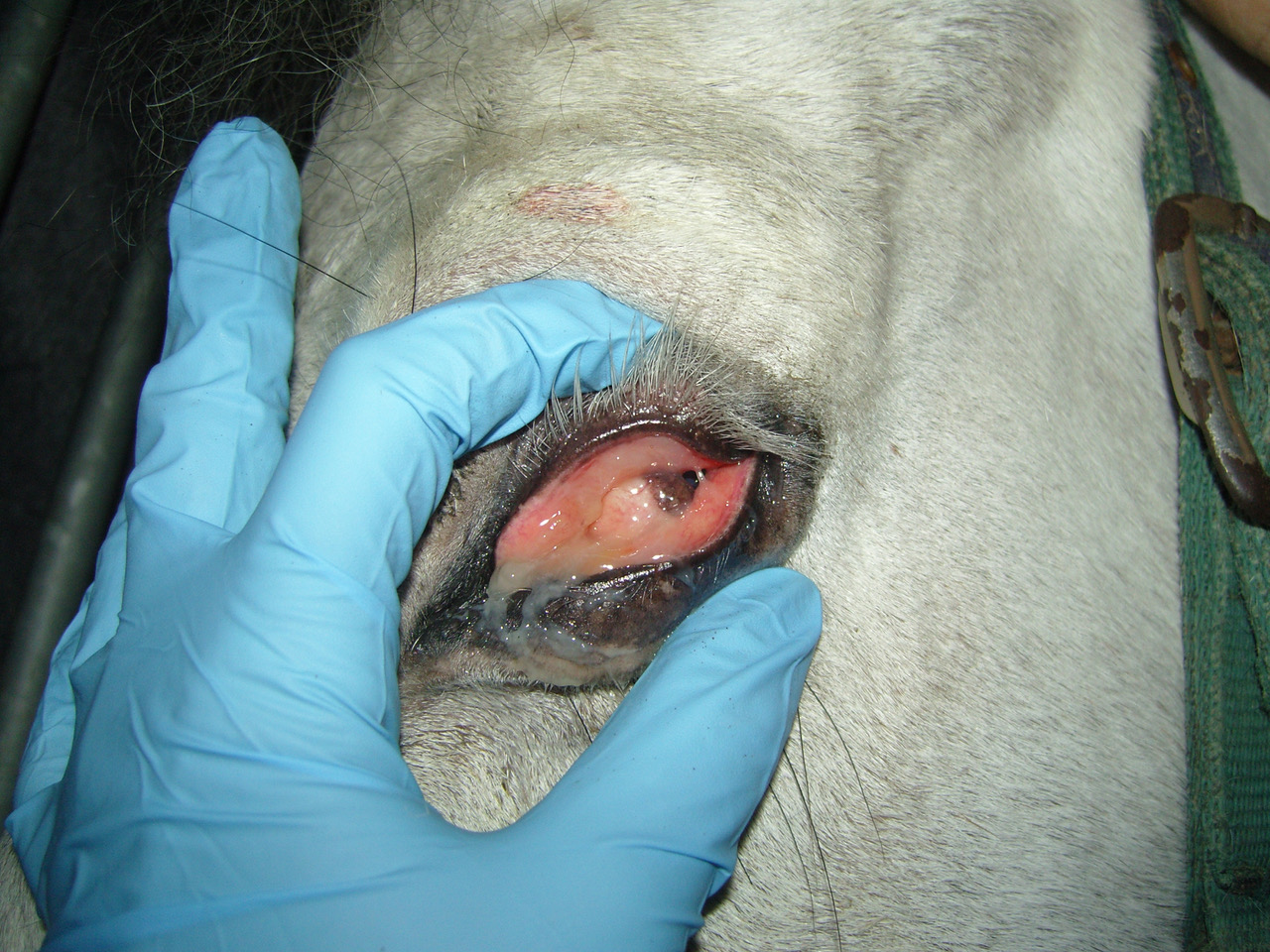
For my clients wanting advice on immune support supplements for their horses once all the best management and preventative medicine practices are in place, I emphasize optimizing nutrition, hydration, and gut health. I recommend providing a horse with a ration balancer, with or without additional caloric support depending on body condition. I also recommend providing a good electrolyte during times of stress from heat, transport, disease exposure, or around the time of exercise. Finally, of the myriad choices in the realm of equine gut health supplements, I like any gut health supplement to contain colostrum which provides immune-supporting bioactive components. So, directing my clients toward the TechMix portfolio of products is an easy choice—Restart® Balancer or Builder for the nutritional supplementation, BlueLite® powder, pellet, or jel for the electrolyte, and then Colostru-Boost® Performance Powder, Recovery Pellet, or Protection Paste for gut health.
